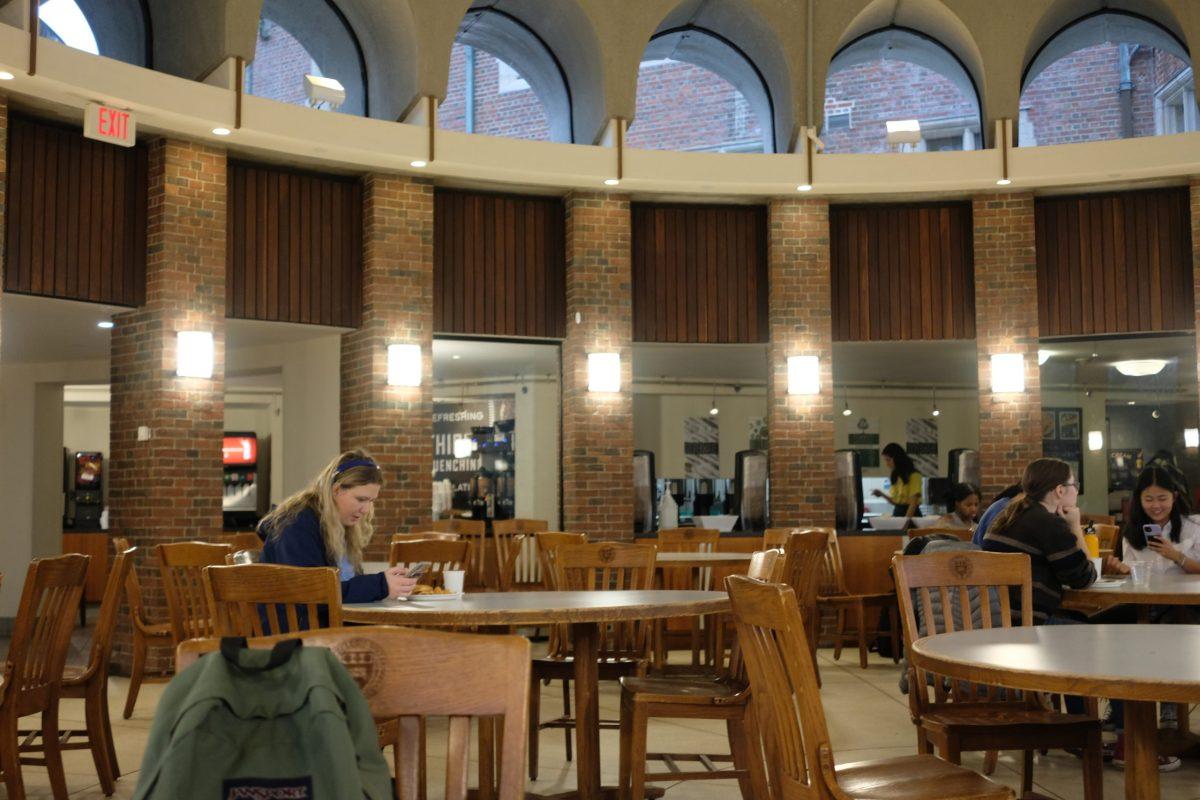The Association of Food Journalists, a professional organization created to promote high standards for reporters writing about food, states that “Critics must always be conscious that they are dealing with people’s livelihoods” in its widely acknowledged Code of Ethics. While other points of instruction, including warnings against plagiarism, bribery and conflicts of interest, appear straightforward, this guideline is difficult to define concretely — the location of the boundary between constructive and destructive reviewing is largely subjective, informed by one’s relationship to the dish’s producer, past experiences and even food preferences on a case-by-case basis. Taken together, these conditions make for muddy ethical waters, especially in the context of a college campus, such as Wellesley, where we make everyday judgments, whether internally or externally, consciously or unconsciously, about the meals we consume.
At the federal level, restaurants reserve the right to refuse service to customers, including potential reviewers, as long as it is not in violation of the Civil Rights Act of 1964 or Americans with Disabilities Act. However, the essential workers of Wellesley’s dining halls experience no such protection. They are vulnerable to students’ behavior, regardless of what it may comprise, creating an unbalanced power structure that can, and has been, exploited through reviews. One such instance, involving an allegedly negative review of the Bates Dining Hall gelato, sparked discussions among the Wellesley student body about the language used to discuss campus food in light of this lopsided dynamic.
The general consensus of Wellesley students on social media site Sidechat was that negative dining hall feedback should not be voiced. Even so, I don’t think this black-and-white value judgment is sustainable. Instances of food poisoning from AVI Fresh, Wellesley’s dining hall servicing company, provide tangible examples of the need for honest feedback. Thus, barring negative comments can perpetuate service deficiencies, underscoring the need for both critical and acclamatory discussions. Boundaries remain an important consideration, nevertheless, as such commentary can directly impact “people’s livelihoods.”
No definitive lines exist, but the intrapersonal implications of a review should be taken into account for more mindful decision making: How directly will my comments interact with the creator of the food I am discussing? Was a team involved or a single person? Is my feedback constructive or defamatory in nature? These questions can inform both formal food journalism and casual judgment-making that aligns with widely accepted ethics of reviewing.
The student body’s unity in regard to minimizing negative dining hall reviews illustrates the crucial role of Wellesley’s essential workers as part of the campus community. While both positively and negatively-connotated feedback are necessary to advance Wellesley’s dining experience, the essential workers who form the backbone of the system should not be taken for granted. It is easy to overlook their dedication when interactions with them compose a sliver of our everyday experiences, but a small, intentional effort goes a long way.
Respecting the work of the dining hall staff extends beyond ethical reviewing practices. From returning dishes to their proper disposal containers and abiding by service hours, it takes little effort to create a more interconnected campus. By embracing a nuanced perspective on food reviews, we can help cultivate a dining culture at Wellesley that prioritizes both accountability and appreciation for the individuals who nourish our community.
Contact the editor(s) responsible for this story: Caitlin Donovan




